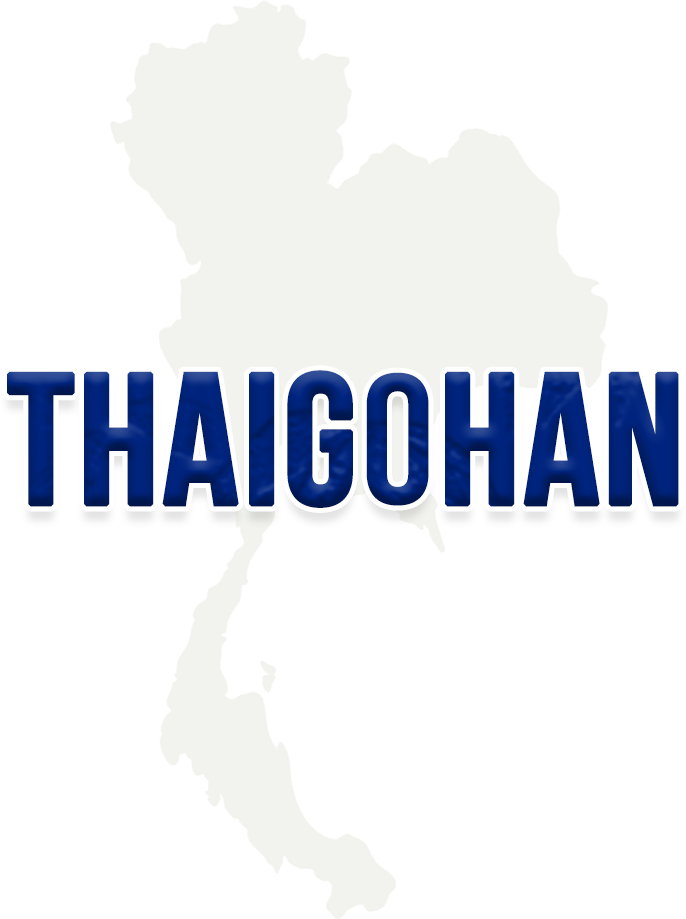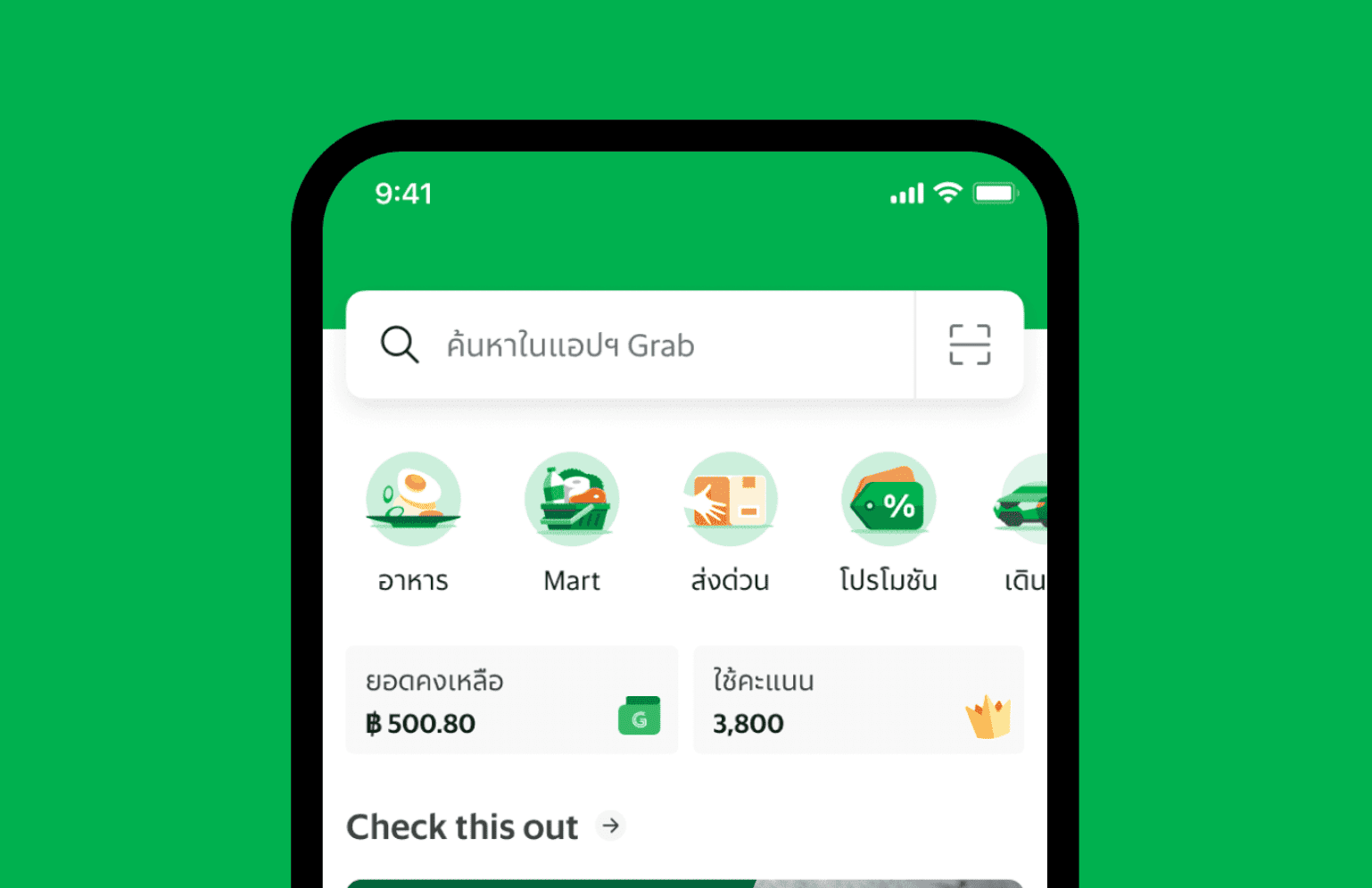The Ultimate Guide to Remote Work in Thailand: Balancing Comfort and Productivity

As remote work becomes increasingly popular, many people are seeking destinations that offer both a great environment and affordability. Thailand, with its warm climate, beautiful scenery, and affordable cost of living, is an ideal location for remote workers. This article provides a comprehensive guide to remote work in Thailand, including the benefits, preparation tips, living costs, visa requirements, and how to achieve a balance between work and life.
目次
1. Benefits of Remote Work in Thailand
One of the most significant advantages of working remotely in Thailand is the affordable cost of living combined with a comfortable environment. Compared to Japan, living expenses are much lower, allowing for a more luxurious lifestyle even with the same income. For example, it’s possible to rent a comfortable condo or villa at a reasonable price, and food and transportation costs are also very affordable. Additionally, the stunning beaches and lush natural surroundings offer a serene environment where you can relax while working.
Thailand is also known for its rich culture and delicious cuisine, making everyday life more enjoyable. Thai people are known for their friendly and welcoming nature, which makes it easier for foreigners to adapt to life in a new country.
2. Living Costs in Thailand
Living costs in Thailand vary depending on the location and lifestyle, but they are generally very reasonable. Even in urban areas like Bangkok, you can rent a comfortable apartment for around 15,000 baht (approximately 60,000 yen) per month. In suburban or rural areas, you can find similar accommodations for less than half that price.
Food costs are also very affordable. A meal at a local street stall costs around 30 baht (approximately 120 yen), and even in a restaurant, you can enjoy a satisfying meal for about 500 baht (approximately 2,000 yen). Transportation is also inexpensive, with BTS or MRT fares in Bangkok ranging from 10 to 50 baht (approximately 40 to 200 yen), and taxis and motorcycle taxis are also available at reasonable prices.
Note: The prices mentioned in this article are based on an exchange rate of 1 baht = approximately 4 yen as of July 2024.
3. Preparing for Remote Work in Thailand
Visa Requirements
To work remotely in Thailand, you need to obtain the appropriate visa. Common options include a tourist visa, business visa, or remote work-specific visas like the “SMART Visa” or “Thailand Elite Visa.” Each visa type has different requirements, so it’s essential to research and choose the one that best suits your situation, then proceed with the necessary documentation and procedures.
Internet Connectivity
A stable internet connection is crucial for remote work. In major Thai cities, high-speed internet is widely available, and many coworking spaces and cafes offer reliable Wi-Fi. Recommended internet providers include AIS, True, and DTAC, all of which offer dependable services to ensure you can work efficiently from anywhere.
Health Insurance
Health insurance is a must when living in Thailand. The country has a high standard of healthcare, especially in Bangkok, where many hospitals meet international standards. You can either join a local Thai insurance plan or extend your Japanese travel insurance for continued coverage. Choosing the right insurance plan is essential for peace of mind while living abroad.
4. Best Cities for Remote Work in Thailand
Bangkok
Bangkok, Thailand’s capital, offers an ideal environment for remote work. The city is home to numerous coworking spaces, and cafes are plentiful, with well-developed infrastructure ensuring a convenient and comfortable urban lifestyle. With plenty of entertainment options and shopping malls, Bangkok provides ample opportunities to enjoy your free time after work.
Chiang Mai
Located in northern Thailand, Chiang Mai is known for its relaxed atmosphere and natural surroundings. It’s a popular destination for remote workers who want to balance work with a peaceful lifestyle. The cost of living is lower than in Bangkok, making it an attractive option for those looking to stretch their budget.
Phuket
Phuket is famous for its stunning beaches and is perfect for those who want to combine remote work with resort living. Working with a view of the sea and enjoying a laid-back lifestyle can refresh both your mind and body, making Phuket a great choice for long-term stays.
5. Challenges and Solutions for Remote Work in Thailand
Time Zone Differences
Thailand is 2 hours behind Japan (1 hour during daylight saving time), which can pose challenges for scheduling meetings. Effective time management is crucial for overcoming this challenge, so adopting good scheduling practices is essential to maintaining productivity.
Work-Life Balance
While remote work offers flexibility, it can also blur the lines between work and personal life. Creating a dedicated workspace and managing your time effectively are key strategies for maintaining a healthy balance. Taking regular breaks and ensuring you have time to relax and enjoy your surroundings will also help sustain long-term productivity.
Conclusion
Thailand offers a fantastic environment and numerous benefits for remote workers. With its beautiful natural surroundings, affordable cost of living, and welcoming culture, Thailand allows you to balance your work with a fulfilling lifestyle. Use this guide to plan your remote work experience in Thailand, and enjoy the ideal combination of comfort and productivity.
(Photo by Unsplash.com)




